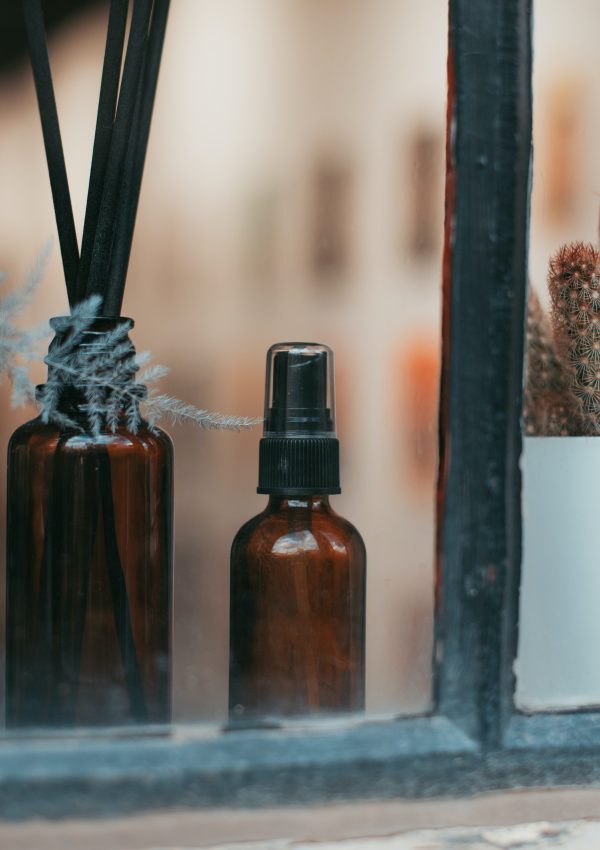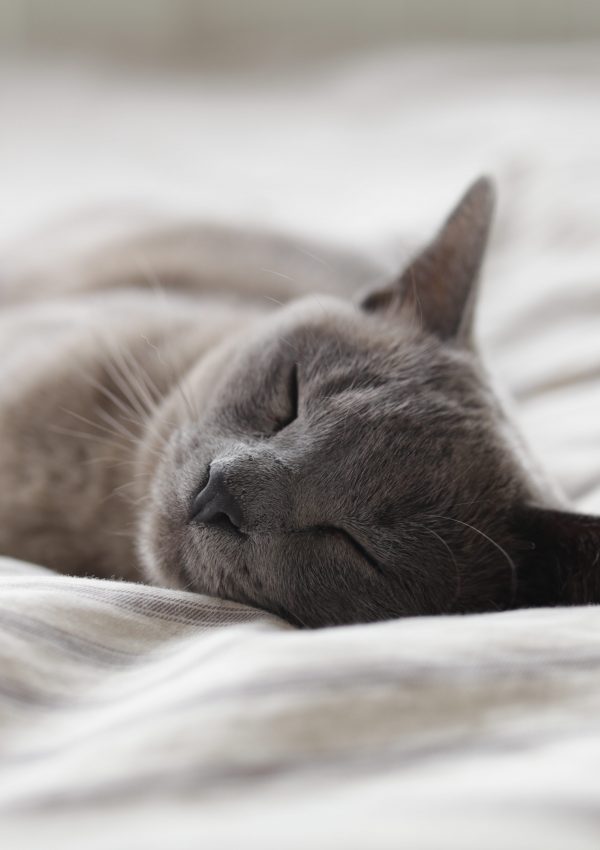How to ensure your “get up and go” morning rituals will fill you with energy, mental clarity, and calm.
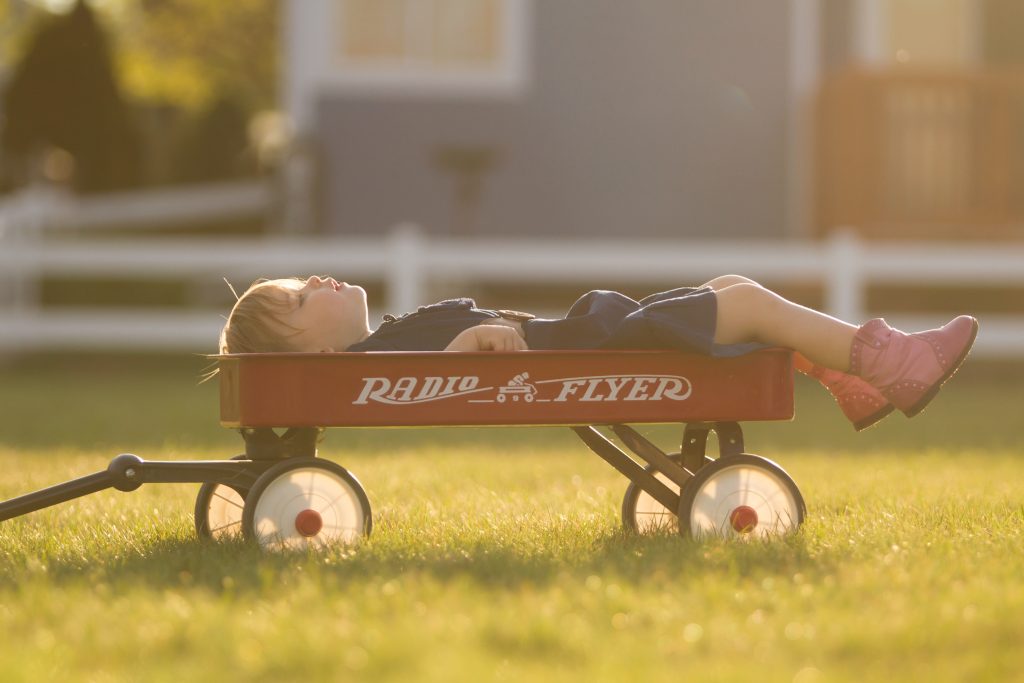
As a woman living with autoimmune diseases and a history of chronic sleep issues, I’ll say first-hand that embracing the day with boundless energy is not what typically materializes. Sadly, my mornings are not among the picturesque Instagram posts for sunrise routines full of zen. But don’t give up on my just yet, because I’ve got a few tips and tricks to get your morning routines feeling groovy.
Rhythms and cycles and cycles and rhythms

I’ll start with my favourite tip. Our bodies evolved to coexist with our natural environment, which includes the cycles of the seasons, cycles of the moon and tides, and cycles with the sun (more specifically I am referring to daytime-nighttime, in this case). As such, our bodies have a sort of biological clock involving internal processes that regulate our sleep-wake cycle: this is called the circadian rhythm, circadian cycle, or circadian clock.
Circadian rhythms basically influence all aspects of our biology and ultimately our lived experience. Some examples include: when you sleep, feel tired or are awake; your mood, your level of hunger and experience of cravings, blood sugar fluctuations, ability to recover from injury, ability to concentrate and retain new information, digestive functions, and on and on…
One of my favourite researchers on the topic of circadian rhythms, neurobiology and what you will soon read about in terms of eye health and natural light, is Dr. Andrew Huberman. You may recognize this name from his very own podcast called The Huberman Lab podcast.
In a joint podcast with Dr. Rangan Chatterjee and Dr. Andrew Huberman explains how our circadian clock follows a 24 hour cycle and is very much affected by light conditions. Dr. Huberman goes to explain that our eyes need exposure to morning light to kickstart the cortisol and other communications in the body needed to feel energized, have our organs ready to get to work, and to face the day with everything in check.
That’s why he recommends that you spend about 20 minutes outside (30 minutes on a cloudy day). If we don’t spend time in natural light in the morning, our cortisol production can become largely delayed into later and later parts of the day, which ultimately has shown to leave individuals with low mood, low energy, and difficulty sleeping. This is in part because the “sleep hormone” melatonin is then offset due to this delayed cortisol release, which will impact falling asleep or create light, interrupted sleep in the night.
Want to know more about the fascinating of circadian cycle? Check out this podcast episode here.
If you’re not looking to dive deep into the research and want an outline and some action items, keep reading!
Let there be light!

When you wake up, your eyes are responding to internal clocks and to light. It’s how your body orients itself in time, like a sundial. Everything in the body will begin to respond to this morning light, like digestive function, body temperature and your hormones. As aforementioned, exposure to bright light is important to help kickstart the release of cortisol (among other hormones and functions), blue light in particular.
Blue light is basically daytime light (the term has to do with the wavelengths of visible light rays- here’s an article on blue light for fun facts). Our eyes respond to this light and this starts the cascade of physiological events, even before we’ve started our reflex to get out of bed and make coffee or go pee. And yes, our electronic gadgets emit blue light. However, as was stated above, existing research strongly suggests that having exposure to natural light within 30-60 minutes of waking, for about 20-30 minutes, will help to beautifully orchestrate that cascade of biological functions which keep us alive and well every day. So regardless of whether or not you have a dog to walk, get outside for a few minutes to soak in some morning light and take advantage of a little movement to start your day on the right foot.
A couple of notes:
1. Some places in the world do not get light early enough in the morning, in relation to your waking and starting your day. I experience 2-3 months of each Winter without sun before 8:30am- brutal. In this case, research has indicated that SAD lamps and other electronic devices that emit a strong blue light can help to better activate our circadian rhythm. Just don’t look too closely or directly at the strong blue light, to avoid damaging your eyes.
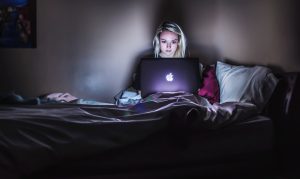
2. Yes, there is a lot of talk out there alluding to blue light being bad for your health and disrupting circadian rhythms. Simply put, we want the natural blue light wavelengths during the day, and we want more orange or red wavelengths (on the opposite end of the light spectrum) in the evening, and darkness at night. Blue light gets vilified in the context of too much brightly lit electronic screen time affecting our vision and circadian clock, especially in the evenings or at night. Generally speaking, we are exposing ourselves to far too much intense blue light from our screens, and for far too long. This is disruptive to our biological clocks and functions, in the long run, and making these changes could have you feeling so much more refreshed the next day. It’s worth a try!
…And total darkness
It’s true, if you want to wake up with more energy and mental clarity, you’ll want to sleep in total darkness over night. As someone who has previously had chronic sleep issues/ some version of insomnia, I can say this from personal experience. For years now, my bedroom has been equipped with blackout curtains, ear plugs, a lower room temperature (around 18 degrees Celcius), and the occasional eye mask to block out light if I am travelling. I turn my phone off and don’t keep any electronics or gadgets that emit light of any kind, overnight.
I’ve recommended to some of my clients, those who wake up at night to use the bathroom, to insert a small dark orange night light to avoid turning on any bright and/or blue lights. It’s astonishing, but even brief exposure to bright and/or blue light at night can disrupt our internal nighttime rhythms. These strategies, though not the only ones, have helped me to have deeper sleeps without waking up at random times in the night (unless if it’s to pee because I somehow forgot that drinking 3 cups of tea before bed maybe isn’t a good idea).
Sleep… hygiene?
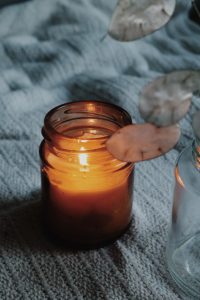
Sleep hygiene is just a fancy-shmancy term for the things that you can do prior to bed for a good night’s sleep. Our bedtime routine, basically, as well as setting our environment in ways to optimize sleep. I’ve already mentioned setting the environment above, so let’s get to some pre-morning (aka bedtime) action items, shall we?
Ditch the screens 2 hours before bed – yes, that means Netflix, TikTok, TV, etc…Even any bright lights, especially LED blue lights, off. This will help our bodies to transition the circadian clock for nighttime sequences. If you really need to see a screen before bed, opt for dimming the brightness and turning on the orange light setting of the screen. You can also use orange glasses that will block the blue light.
Do something that is calming to help slow things down in your mind and body, to come to restful state. That doesn’t mean just sitting around like a potato waiting for sleep to knock you out. Maybe it could look like a bubble bath, a walk outside, calling a friend, some yoga or meditation, reading a book, listening to or playing music, self-massage, journaling, or whatever else works for you.
One last thing – in order to wake up feeling rested, you’ll want uninterrupted sleep overnight. Some simple things to take a look at are your bedroom. Any light or sound in the bedroom can cause interrupted or a lighter sleep cycle. You’ll want to ensure a dark room (eg. noise and light-cancelling curtains, no light sources from electronics, etc). Of course we can get into nitty-gritty exceptions and variations of this, but these are only simple pointers for now. If you’d like more pointers on how to improve your sleep, check out my previous blog post: How to Sleep Better.
What could you do to transform your bedroom for a deep sleep and an energized morning?
What’s next?
In part two of Morning Rituals, I will explain how movement, mindfulness practices, fasting and eating in the morning can influence your wellbeing for the rest of the day. Hang tight and thanks for reading, fellow Spoonies! 🙂


